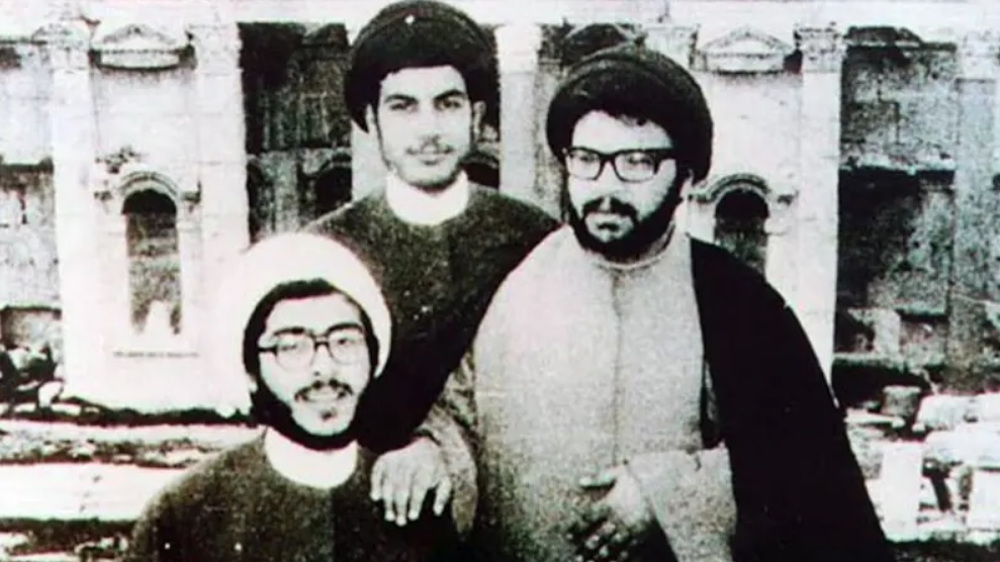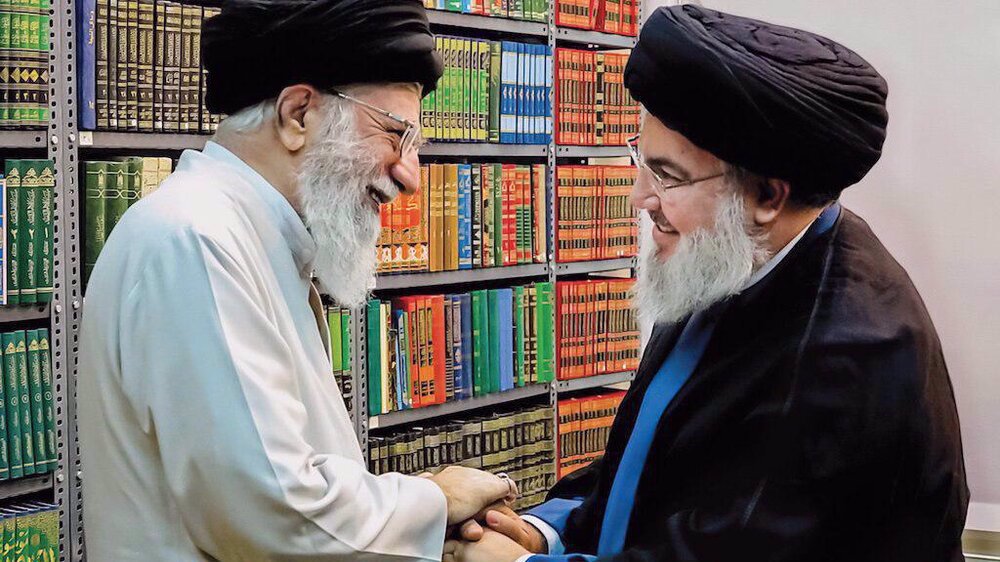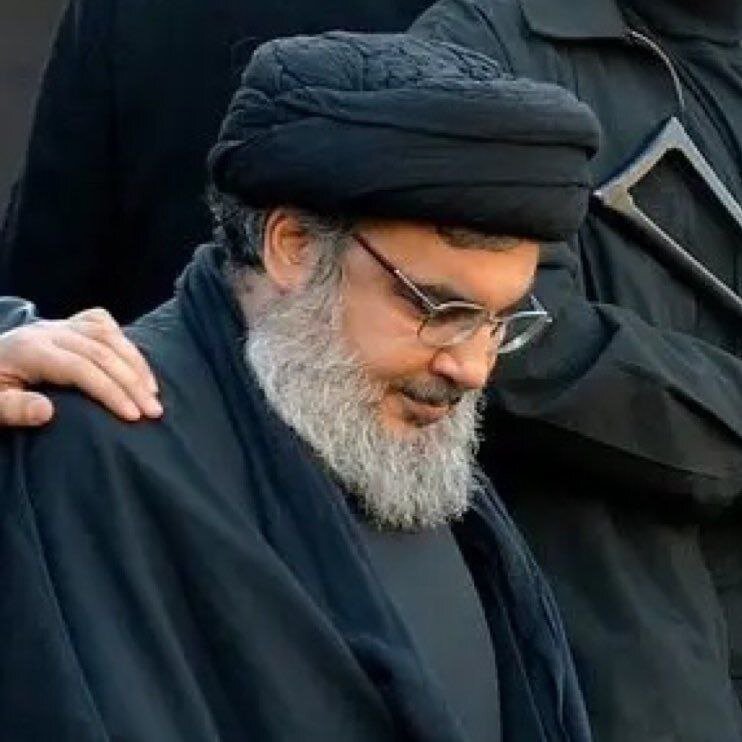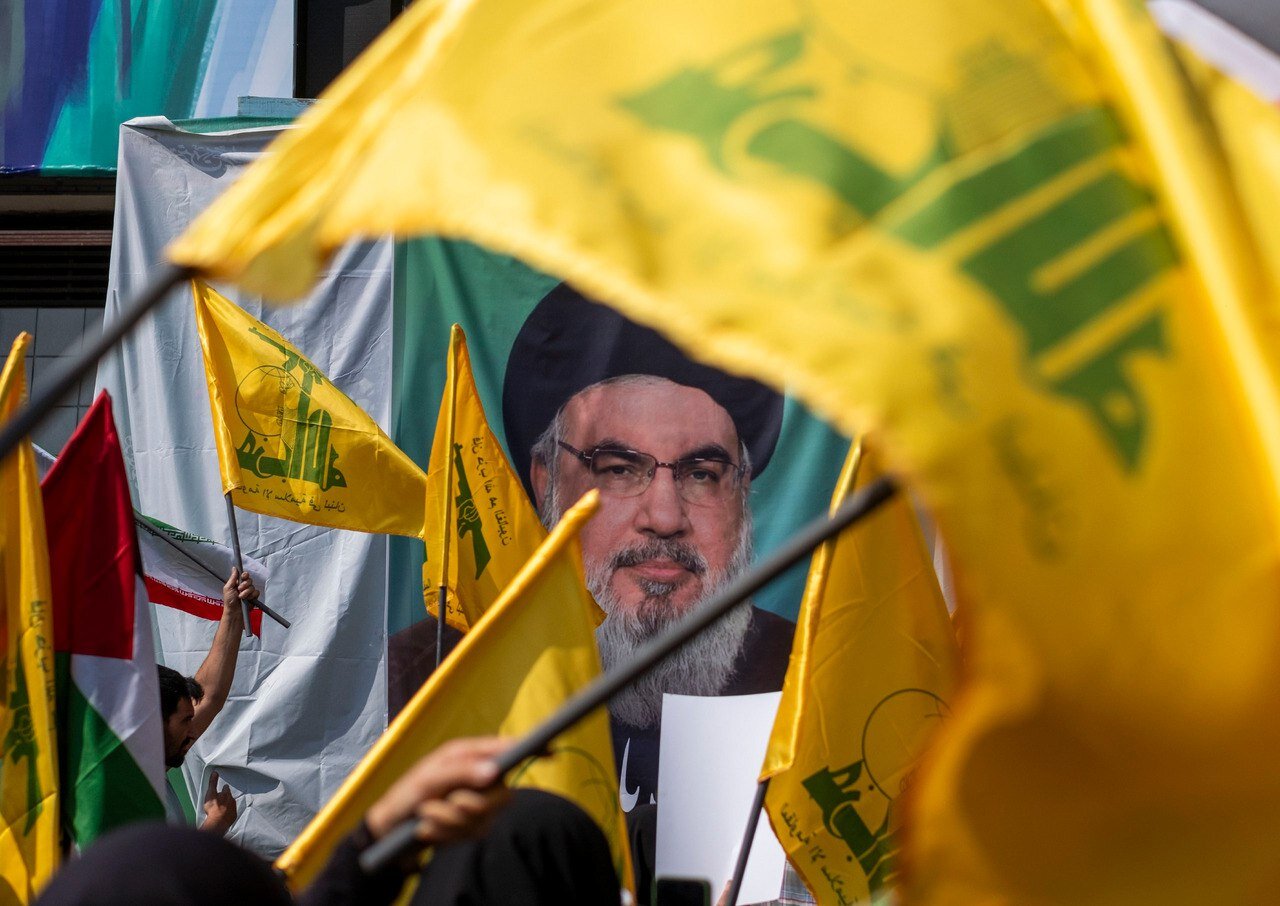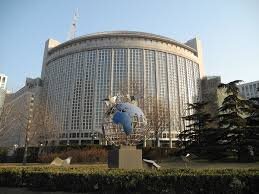Crescent International
Seyyed Hassan Hasrallah has met his Creator while struggling for justice for the oppressed, but many more will follow in his footsteps. The struggle goes on...
The hired pens are out again spewing their poision.
This is neither the first time nor will it be the last.
There has been another martyr on the way to the liberation of Al-Quds and there will be many more before final victory against the forces of darkness and oppression is achieved.
For some, Seyyed Hassan Nasrullah (shaheed) has become a pragmatist, a national hero, a Shi’i cult figure while the Munafiqeen say good riddance.
This is no surprise.
In his early years, the Arabian press, led by Yahudi-controlled Saudi Arabia, repeatedly tried to undermine Seyyed Hassan Nasrallah, the leader of Hizbullah, who was the most popular leader of the Muslim world.
They fabricated reports about opposition to him within Hizbullah, and even that he had been overthrown from his position in the organization.
Seyyed Hasan Nasrullah was not a media sensation; his charisma emerged from a principled struggle against zionist colonization on the battlefields of south Lebanon.
In order to properly understand the achievement of the late Shaheed Seyyed, one needs to understand the line of Al-Imam Khomeini (r.a.) and the Islamic Revolution in Iran.
The line of the Imam was simultaneously located within four concentric circles: the oppressed people, the Islamic people, the Shi’i people, and the Iranian people.
Imam Khomeini provided the defining and guiding leadership of the Revolution and the centrality and importance of the oppressed and Islamic elements of these concentric spheres were clear for all to see.
The Shi’i and Iranian elements, on the other hand, integral and inseparable as they were, were never emphasized or even overtly displayed in any public or official sense.
One of the first messages to have been proclaimed by the Islamic Revolution and the line of the Imam was that the Islamic Revolution in Iran is neither east nor west.
There has never been any cessation of hostilities between the followers of the line of Imam Khomeini (ra), who refuse to compromise when it came to the independence and sovereignty of the Islamic state, and the numerous other interests wanting to shape the state on their terms.
Seyyed Hassan Nasrullah shaheed represented that trans-national, trans-sectarian foreign policy of the Islamic Republic.
Dr ‘Ali Shari‘ati pointed to “Black Shi‘ism”, the traditional and emotion-consuming practice of later “Shi‘i” generations, and “Red Shi‘ism”, the revolutionary and justice-centered Shi‘ism of early generations.
“Black Shi‘ism” is alive and kicking with the help and support of imperialism and Zionism.
The results are catastrophic for all the Muslims, especially, ironically, those of Islamic Iran.
Red Shi‘ism in Lebanon, breathes and demonstrates the principles of justice, liberation and revolution.
In Iran, meanwhile, we have elements of both: those who continue to follow the revolutionary line of Imam Khomeini, and those who effectively undermine the Islamic Revolution by harking back to Shi‘i traditionalism.
We never heard Sayyid Hasan Nasrallah or Imam Khamane'i bad-mouthing the sahabah or the wives of the Prophet, peace be upon him (pbuh).
All of these, and other Hujjatiyah mission-creep, have taken their toll on the original character and the initial thrust of the Islamic Revolution in Iran.
The only redeeming rectitude of this Islamic Revolution is its leader Imam Khamanei and Hizbullah, and all the remaining institutions that solidify this line of the Imam.
The continuing occupation of the Holy Land, are strong arguments for a new direction.
The nationalist “Islamic” types, like king Mu’awiyah, are waiting for popular opinion to turn against “the line of the Imam” so that they can make their move, ride the wave of popular discontent, and eventually “rescue” their people from their transnational, transcultural, Ummah-encompassing identity.
This must not be allowed to happen.
Seyyed Hasan Nasrullah was a muttaqi leader who expressed his mind and ideas without reading a paper, never had dual citizenship, and was steadfast in his principled struggle against zionism, and zionism’s proxy rulers across the region who never say anything and those who do need a script to utter the instructions of their Zionist and imperialist masters, who are dual if not multiple nationality holders, and who capitulate when their personal assets are at risk.
Seyyed Hasan Nasrullah is a hero who survived Israel’s attempts to outflank him through proxies in the region many of whom will go down in history as being the Ibn Salluls, Yazids, and Sadats.
For these sectarian and nationalist types, there was a time when Hizbullah became a danger that superseded Israel.
What made some of their hired pens label Hizbullah as Hizb al-Shaytan and to call Seyyed Hasan Nasrallah, Hasan Nasrallat (al-Lat, one of the jahili gods)?
For Seyyed Hasan Nasrallah, the Palestinian issue was a red line and resistance against zionism and Israeli colonialism was an article of faith.
Under the leadership of Seyyed Hasan Nasrallah, Hizbullah, driven by the Islamic priority of liberating Palestine, stood its ground against the Israeli genocidal forces.
For the third time, we feel, once again, the actual possibility of routing zionist Israel out of existence.
The first time was in the spring of 2000 when Hizbullah kicked out of Lebanon an 18-year zionist occupation and the second was during the 33-day war in Lebanon.
The spirit of the Islamic Revolution lives on in the valiant warriors and fearless fighters of Hizbullah and the Islamic resistance.
The brutal zionist colonizers are worried as they remember Seyyed Hasan Nasrullah saying, “the Golan shall become another confrontational front against them.”
Hizbullah worked out a plan that drew the genocidal Israeli military into this bleeding confrontation to take off the current relentless genocidal pressure from Palestine.
Thanks to the Hizbullahi legacy of shahadah, the genocidal Israeli military is once again mired in bewilderment as to how, when, and where the response of Hizbullah will be?!
The followers of the line of the Imam who are not tainted by their nationality or their sect are to be found in Lebanon.
When we listened to the words of Seyyed Hasan Nasrullah, we detected the voice of Imam Khomeini.
His speeches penetrated the hearts of Arabs and non-Arabs, of Muslims and non-Muslims, of the developed world and the developing world.
And today, his blood flows in their veins.
Hizbullah has honored and heartened the Muslims and other oppressed peoples of the world by its jihad.
Israel's very survival is now unlikely, thanks to Hizbullah's sacrifices and steadfastness.
And the leadership of Seyyed Nasrallah through his life and martyrdom has brought the beating hearts of all Muslims (healthy Sunnis and healthy Shi‘is alike) together.
In the martyrdom of Seyyed Hasan Nasrallah we saw how a non-Sunni Nasrallah supported a non-Shi’i Hamas.
It will be a loss of tragic proportions if the voices of Imam Khamane’i and Imam Naeem Qasim are drowned out by the combination of voices representing “Black Shi‘ism”, Persian nationalism, sectarianism, zionism and imperialism who may want to abandon both the ideals of the Islamic Revolution and the rest of the Islamic movement, instead of intensifying the struggle against the zionists, imperialists and their regional puppets.
وما محمد إلا رسول قد خلت من قبله الرسل أفائن ماتَ أو قتل انقلبتم على أعقابكم
But Muhammad is only a messenger who was preceded by [other] messengers [who also passed away]; so, if he dies or is killed will you retreat and fall back? (The Ascendant Qur’an, Surat Aal Imran, verse 144)
So, now we come to those who were in the footsteps of the final Prophet (pbuh), and ask their followers:
وما روح الله إلا مجتهد قد خلت من قبله المجتهدون أفائن ماتَ أو قتل انقلبتم على أعقابكم
And, Imam Khomeini was only a Mujtahid who was preceded by [other] Mujtahids [who also passed away]; since he has passed on, have you retreated and fallen back?
وما حسن نصر الله إلا مجاهد قد خلت من قبله المجاهدون أفائن ماتَ أو قتل انقلبتم على أعقابكم
And, Seyyed Al-Shaheed Hassan Nasrullah is only a Mujahid who was preceded by [other] Mujahids [who also passed away]; so, now that he has been martyred will you retreat and fall back?
Seyyed Hassan NasrallahHizbullahLebanonZionist crimesImam KhomeiniIslamic Iran



